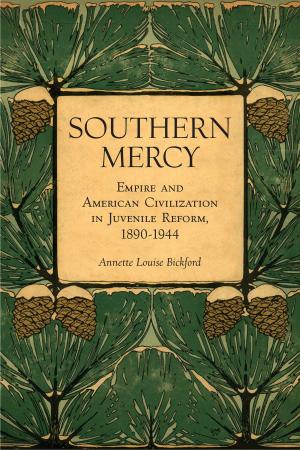Robert Browning's Language
Fiction & Literature, Literary Theory & Criticism, Poetry History & Criticism, British, Theory| Author: | Donald S. Hair | ISBN: | 9781487589622 |
| Publisher: | University of Toronto Press, Scholarly Publishing Division | Publication: | December 15, 1999 |
| Imprint: | Language: | English |
| Author: | Donald S. Hair |
| ISBN: | 9781487589622 |
| Publisher: | University of Toronto Press, Scholarly Publishing Division |
| Publication: | December 15, 1999 |
| Imprint: | |
| Language: | English |
What are the influences that shaped the language used by one of the nineteenth century's greatest writers? How did his religious beliefs, the books he owned, the paintings and music he loved, affect almost sixty years' output of poems, plays, essays, and letters?
This book attempts to define Browning's understanding of the nature and use of words and syntax by considering not only a full range of texts from the 1833 Pauline to the 1889 Asolando, but also the ideas important to Browning, the historical context in which he lived, and the other artistic passions that played a part in his life.
In this companion volume to Tennyson's Language, Donald Hair establishes Browning's place at the crossroads between empirical and idealist traditions and explains his "double view" of language, arguing that both Locke and the Congregationalists found language to be at the same time empty and a God-given essential. The Victorian age's anti-theatrical bias, which Browning came to share, and his reading of predecessors, principally Quarles, Bunyan, Donne, and Smart, also shaped his understanding of the diction of poetry.
Hair conceives of Browning's language as a theoretical whole, encompassing words, genres, rhyme, syntax, and phonetics. He also links Browning's interest in music with his rhyming, the most essential and characteristic feature of his prosody, and relates his interest in painting to the interpretation of the visual image in the emblem and in typology.
What are the influences that shaped the language used by one of the nineteenth century's greatest writers? How did his religious beliefs, the books he owned, the paintings and music he loved, affect almost sixty years' output of poems, plays, essays, and letters?
This book attempts to define Browning's understanding of the nature and use of words and syntax by considering not only a full range of texts from the 1833 Pauline to the 1889 Asolando, but also the ideas important to Browning, the historical context in which he lived, and the other artistic passions that played a part in his life.
In this companion volume to Tennyson's Language, Donald Hair establishes Browning's place at the crossroads between empirical and idealist traditions and explains his "double view" of language, arguing that both Locke and the Congregationalists found language to be at the same time empty and a God-given essential. The Victorian age's anti-theatrical bias, which Browning came to share, and his reading of predecessors, principally Quarles, Bunyan, Donne, and Smart, also shaped his understanding of the diction of poetry.
Hair conceives of Browning's language as a theoretical whole, encompassing words, genres, rhyme, syntax, and phonetics. He also links Browning's interest in music with his rhyming, the most essential and characteristic feature of his prosody, and relates his interest in painting to the interpretation of the visual image in the emblem and in typology.















